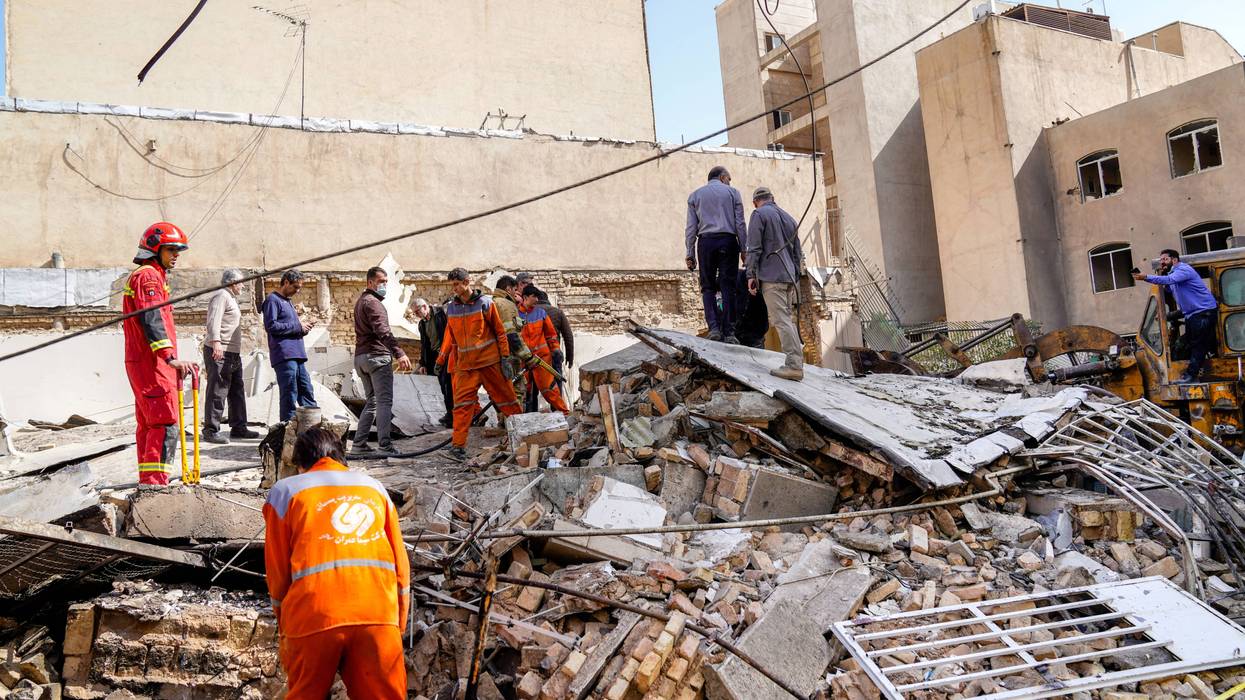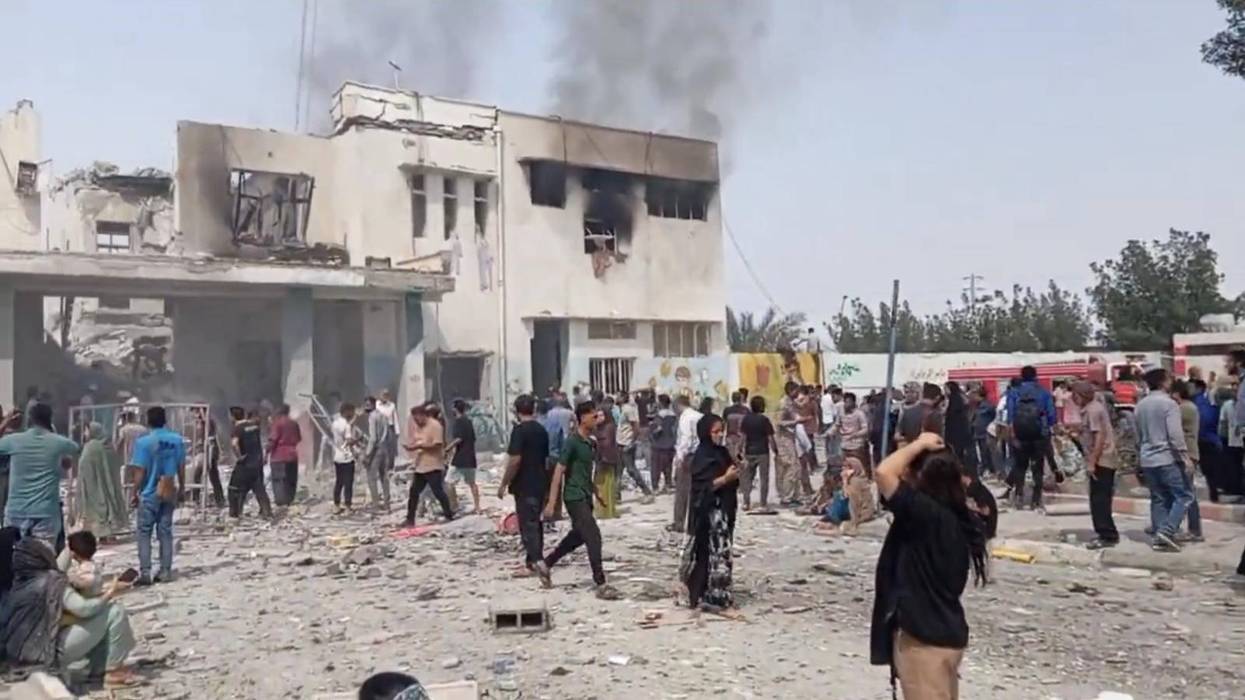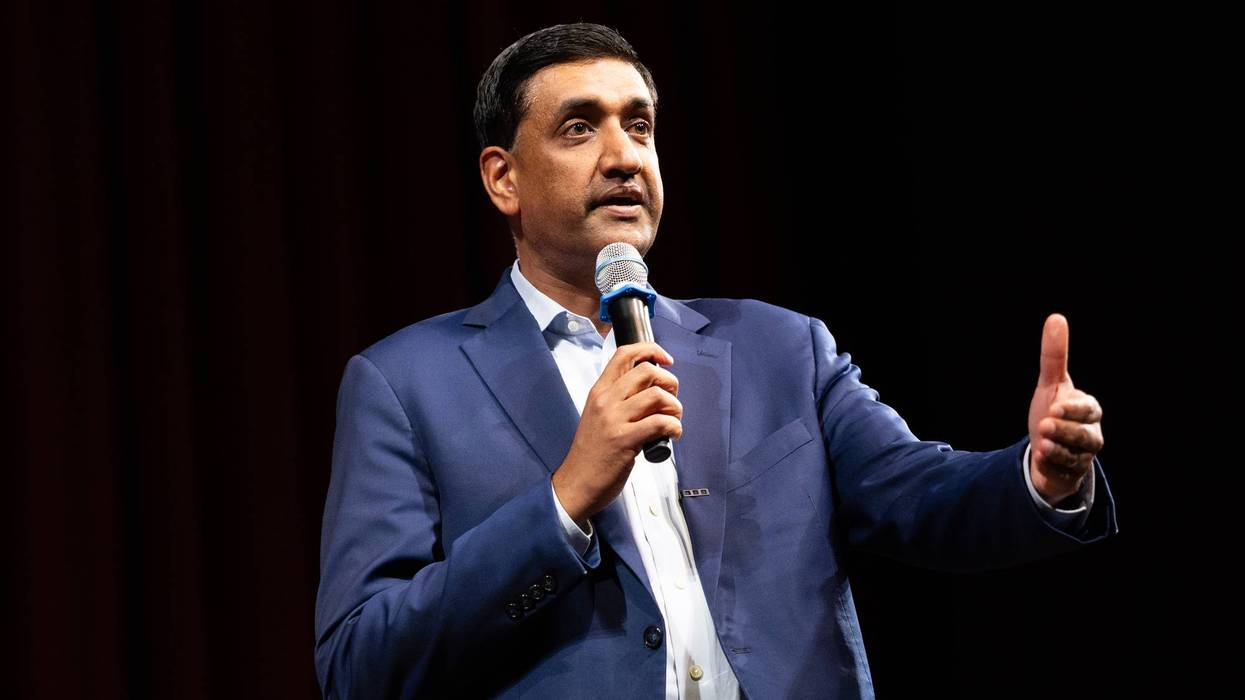April, 03 2012, 07:30am EDT

Senegal: Human Rights Priorities
President Sall Should Move Quickly to Address Neglected Issues
NAIROBI
The new government in Senegal of President Macky Sall should promptly address longstanding human rights concerns, Human Rights Watch said today in a letter to the new president.Sall was inaugurated on April 2, 2012, after defeating the incumbent president, Abdoulaye Wade, in the March 25 presidential runoff vote.
While Senegal has avoided the coups and large-scale human rights abuses experienced by many of its neighbors, the country still faces challenges in promoting justice and accountability and in protecting vulnerable or persecuted populations. Human Rights Watch's letter focuses on three issues: the need for Senegal to stop delaying or obstructing efforts to bring Hissene Habre to trial for atrocities committed under his rule in Chad, the widespread exploitation of at least 50,000 young boys through forced begging, and the protection of the rights of people who identify as gay or lesbian.
"President Sall has promised a new era after winning a presidential run-off in which the strength of Senegal's democracy was again made evident," said Daniel Bekele, Africa director at Human Rights Watch. "This new era should include quick progress on human rights issues ignored by the previous government."
The Hissene Habre Case
Human Rights Watch urged Sall to extradite Habre, the former dictator of Chad, from his home in Senegal to Belgium to face trial for atrocities committed during his rule, from 1982 to 1990.
Habre's victims have been fighting to bring him to justice for 21 years in what Archbishop Desmond Tutu and 117 groups from 25 African countries have denounce das an "interminable political and legal soap opera." They had long hoped to see Habre tried in Senegal, but both the victims and the Chadian government now believe that extraditing Habre to Belgium is the most suitable option since a trial there can be organized quickly before all the survivors pass away.
Belgium has filed four extradition requests, the last of which is still pending before Senegalese courts. Belgium also filed suit against Senegal at the International Court of Justice (ICJ) in February 2009, alleging that Senegal has violated the UN Torture Convention by failing to prosecute or extradite Habre. The ICJ heard arguments from March 12 to 21, 2012, and will issue its ruling later this year. The UN Committee against Torture already condemned Senegal in 2006 for violating the Convention.
"President Sall should not wait for the ICJ to find that Senegal has violated its international obligations," said Bekele. "He should ensure that the most recent Belgian extradition request has been properly transmitted to the courts so that they may swiftly authorize Habre's extradition."
Widespread Exploitation of Talibes
Human Rights Watch also called on the new Sall government to take concerted action to end the exploitation and abuse of young boys forced to beg on Senegal's streets.
In an April 2010 report, Human Rights Watch documented how at least 50,000 talibes, or Quranic students - the vast majority under age 12 and many as young as 4 - are forced to beg on Senegal's streets for long hours, seven days a week, by a marabout, or teacher, who often serves as a de facto guardian. The report documented widespread physical abuse, including severe beatings and several cases in which children were chained, bound, and forced into stress positions for failing to hand over a required daily amount from their begging or for trying to run away. In many of the exploitative daaras, or Quranic schools, Human Rights Watch found that the marabout used little of the money forthe boys' basic needs. They often were forced to beg for their own food and medical care as well, or, all too often, go without.
Islamic scholars in Senegal say that this practice of forced begging overseen by a minority of marabouts today is far removed from the country's traditional practice of Quranic education.
Senegal has the laws necessary to protect the talibes from exploitation, but the previous government lacked the will to enforce them, Human Rights Watch said. In September 2010, nine marabouts were convicted for forcing children in their care to beg, under a 2005 law that specifically forbids the practice. However, one month later, President Wade expressed dissatisfaction with the application of the law, effectively ending arrests and prosecutions. In all but a few cases, severe physical abuse of the talibes has gone similarly unpunished.
"President Sall should call for the enforcement of Senegal's laws against forced child begging and child abuse," Bekele said. "The government should ensure minimum standards that guarantee children's rights to education, health, and physical and mental development."
Violence and Discrimination against LGBT populations
President Sall's government should also work to protect the rights of vulnerable populations, Human Rights Watch said, including sexual minorities in Senegal.
Human Rights Watch's 2010 report, "Fear for Life: Violence against Gay Men and Men Perceived as Gay in Senegal," found systematic human rights abuses against gay men, including torture and ill-treatment at the hands of the Senegalese police, arbitrary arrest, and discrimination in access to justice. Abuses against lesbians and other sexual minorities have been less thoroughly documented, but all lesbian, gay, bisexual and transgender (LGBT) people suffer discrimination in Senegal.
Senegalese authorities have also failed to discourage or punish incitement to violence against gays and lesbians, including public remarks made by religious leaders and politicians who have called for the killing of homosexuals.
The Senegalese government, Human Rights Watch said, has an obligation to protect the basic rights of all citizens, including LGBT people. The new government should immediately put a halt to police violence against and arbitrary arrests of LGBT people. It should ensure that those who incite or participate in violence against gays, or any other community, are held accountable.
Human Rights Watch is one of the world's leading independent organizations dedicated to defending and protecting human rights. By focusing international attention where human rights are violated, we give voice to the oppressed and hold oppressors accountable for their crimes. Our rigorous, objective investigations and strategic, targeted advocacy build intense pressure for action and raise the cost of human rights abuse. For 30 years, Human Rights Watch has worked tenaciously to lay the legal and moral groundwork for deep-rooted change and has fought to bring greater justice and security to people around the world.
LATEST NEWS
Trump Says Bombing of Iran to Continue 'Uninterrupted' After Reported Killing of Supreme Leader
"For Iranians already suffering under repression, sanctions, and economic hardship, this escalation will mean only more pain," said the president of the National Iranian American Council.
Feb 28, 2026
US President Donald Trump and Israeli officials claimed Iran's supreme leader, 86-year-old Ali Khamenei, was killed in an airstrike on Saturday, along with other senior Iranian figures.
The US and Israeli militaries targeted Khamenei and other Iranian leaders with their opening barrage of strikes, part of an operation that was reportedly planned for months—with the launch date decided weeks ago—even as Trump claimed to be open to a diplomatic off-ramp. NPR, citing an anonymous source, reported that an Israeli strike killed Khamenei.
Trump made clear that Khamenei's alleged killing, which the Iranian government has not confirmed, would not stop the deadly military onslaught, which the US president launched in coordination with Israel without authorization from Congress and in clear violation of international law. The US president said explicitly in remarks early Saturday that his goal was to topple the Iranian government—something that analysts stressed is not synonymous with assassinating the supreme leader.
In a Truth Social post, Trump wrote that "heavy and pinpoint bombing... will continue, uninterrupted throughout the week or, as long as necessary to achieve our objective of PEACE THROUGHOUT THE MIDDLE EAST AND, INDEED, THE WORLD!"
Iran has responded to the US and Israeli assault with drone and missile attacks on Israel and American military bases across the Middle East. The US Central Command said in a statement that there have not yet been any reports of American casualties and that "damage to US installations was minimal."
In Iran, more than 200 people have been killed by US-Israeli airstrikes and around 700 others injured, according to the Iranian Red Crescent, a toll that's sure to grow in the coming days as rescue workers search through rubble. More than 80 people—mostly young children—were killed in an Israeli strike on a school in southern Iran.
Jamal Abdi, president of the National Iranian American Council, said in a statement that "for Iranians already suffering under repression, sanctions, and economic hardship, this escalation will mean only more pain."
“Bombing Tehran will not bring security. It will endanger civilians, place US service members at risk, empower the most repressive and violent elements inside Iran, and destabilize the region for years to come," said Abdi. "Congress must act immediately to reassert its constitutional authority and halt further escalation. The pending War Powers resolutions must come to a vote without delay. Lawmakers must make clear that there is no authorization for war with Iran."
Keep ReadingShow Less
'More Horrific Death and Destruction Will Come,' Warns Tlaib as Israeli Strike Kills Dozens of Iranian Kids
"These acts of war threaten to ignite a catastrophic regional war that will make no one safer while unleashing unconscionable suffering," said US Rep. Rashida Tlaib.
Feb 28, 2026
More than 50 young children were reportedly killed Saturday by an Israeli airstrike on southern Iran as the US and Israel carried out joint attacks across the country. A local official told Iranian state media that "an Israeli missile attack" hit a girls' elementary school in Minab.
Saturday is a school day in Iran. A school staff member told Middle East Eye that "you could hear the sound of children crying and screaming" following the strike.
“We still don’t know how many are under the rubble," said the unnamed staffer. "Some are even saying more than 100. Some of these small children are severely injured. Their parents have come to the school, and this place has turned into a house of mourning.”
Iranian media now report 40 killed and 48 students injured following the strike on a girls’ elementary school in Minab, as rescue and recovery efforts continue. https://t.co/kCR6Gagvip pic.twitter.com/faBFkgFn3D
— Ali Hashem علي هاشم (@Alihashem) February 28, 2026
Iranian Foreign Minister Abbas Araghchi wrote on social media that the school "was bombed in broad daylight, when packed with young pupils."
"Dozens of innocent children have been murdered at this site alone," he added. "These crimes against the Iranian people will not go unanswered."
Al Jazeera noted that "separately, Iran’s Mehr news agency reported that at least two students were killed by another Israeli attack that hit a school east of the capital, Tehran."
“Every war is a war on children," said Inger Ashing, CEO of the global humanitarian group Save the Children. "All children have the right to access a safe education, and schools should always be a haven for children—not a battlefield."
In a statement, US Rep. Rashida Tlaib (D-Mich.) alluded to the Minab school bombing as she condemned President Donald Trump for "acting on the violent fantasies of the American political elite and the Israeli apartheid government, ignoring the vast majority of Americans who say loud and clear: No More Wars."
"The Trump administration and Israeli regime’s illegal war of aggression on Iran has already killed dozens of children, and more horrific death and destruction will come," Tlaib warned. "These acts of war threaten to ignite a catastrophic regional war that will make no one safer while unleashing unconscionable suffering."
“President Trump will pretend this is about democracy and the rights of the Iranian people," she continued. "Don’t be fooled, Trump does not care about the Iranian people. The Iranian people are not pawns for the interests of foreign powers. Our government has imposed brutal sanctions that have destroyed the Iranian economy and the lives and livelihoods of millions of people. You cannot ‘free’ people by killing them and destroying their country."
Tlaib issued her statement shortly after Trump declared in a Washington Post interview that he decided to wage war on Iran to secure "freedom for the people." As of this writing, the White House has not responded to the Minab school massacre. (Update: A spokesperson for the US Central Command said in a statement that "we are aware of reports concerning civilian harm resulting from ongoing military operations. We take these reports seriously and are looking into them. The protection of civilians is of utmost importance, and we will continue to take all precautions available to minimize the risk of unintended harm.")
"I want a safe nation, and that’s what we’re going to have," Trump said as the US-Israeli onslaught hurled the Middle East into chaos.
Tlaib said in her statement that the US Congress "must stop the bloodshed by immediately reconvening to exert its war powers and stop this deranged president."
"But let’s be clear: Warmongering politicians from both parties support this illegal war, and it will take a mass anti-war movement to stop it," she added.
Keep ReadingShow Less
Demanding Action From Congress, Khanna Says 'The American People Are Tired of Regime Change Wars'
"We don't want to be at war with a country of 90 million people in the Middle East," said Democratic US Rep. Ro Khanna.
Feb 28, 2026
US Rep. Ro Khanna on Saturday demanded swift action from Congress to stop the Trump administration's unauthorized military assault on Iran, saying in a video posted to social media that "the American people are tired of regime change wars that cost us billions of dollars and risk our lives."
"We don't want to be at war with a country of 90 million people in the Middle East," said Khanna (D-Calif.), calling on Congress to reconvene for a vote on Monday.
"Every member of Congress should go on record today on how they will vote on Thomas Massie and my War Powers resolution," Khanna added, referring to the Kentucky Republican who is co-leading the measure.
If passed, the resolution would require the president "to terminate the use of United States Armed Forces from hostilities against the Islamic Republic of Iran or any part of its government or military, unless explicitly authorized by a declaration of war or specific authorization for use of military force against Iran."
The White House reportedly only notified some members of the House and Senate Armed Services Committees after the US-Israeli military assault on Iran began. According to Reuters, an Israeli defense official said that "the operation had been planned for months in coordination with Washington, and that the launch date was decided weeks ago."
Watch Khanna's remarks:
Trump has launched an illegal regime change war in Iran with American lives at risk. Congress must convene on Monday to vote on @RepThomasMassie & my WPR to stop this. Every member of Congress should go on record this weekend on how they will vote. pic.twitter.com/tlRi3Vz849
— Ro Khanna (@RoKhanna) February 28, 2026
Days prior to the US-Israeli attack on Iran, the House Democratic leadership announced it would force a vote next week on the Khanna-Massie War Powers resolution following reports that top Democrats were slowwalking the measure behind closed doors.
Senate Democrats also said they planned to vote next week on a War Powers resolution led by Sens. Tim Kaine of Virginia.
In a statement on Saturday, Kaine called the US attacks on Iran "illegal" and said that "every single senator needs to go on the record about this dangerous, unnecessary, and idiotic action."
“Has President Trump learned nothing from decades of US meddling in Iran and forever wars in the Middle East? Is he too mentally incapacitated to realize that we had a diplomatic agreement with Iran that was keeping its nuclear program in check, until he ripped it up during his first term?" Kaine asked. "These strikes are a colossal mistake, and I pray they do not cost our sons and daughters in uniform and at embassies throughout the region their lives. The Senate should immediately return to session and vote on my War Powers resolution."
The chances of a War Powers resolution getting through the Republican-controlled Congress are virtually nonexistent, even though the American public overwhelmingly opposes US military action against Iran. Senate Majority Leader John Thune (R-SD) and House Speaker Mike Johnson (R-La.) both issued statements applauding Trump for the unauthorized Saturday attacks.
Cavan Kharrazian, senior policy adviser to the advocacy group Demand Progress, said that "Trump has no authority to launch another war on his own."
"The Constitution is clear. The need for a War Powers resolution is clear. Congress decides when this country goes to war, not the president," said Kharrazian. "Next week, every member of Congress will have to choose. Side with illegal, endless war, or side with the American people and reject yet another regime change war in the Middle East. Like with Iraq, the choice they make will echo loudly for years to come.”
Keep ReadingShow Less
Most Popular


